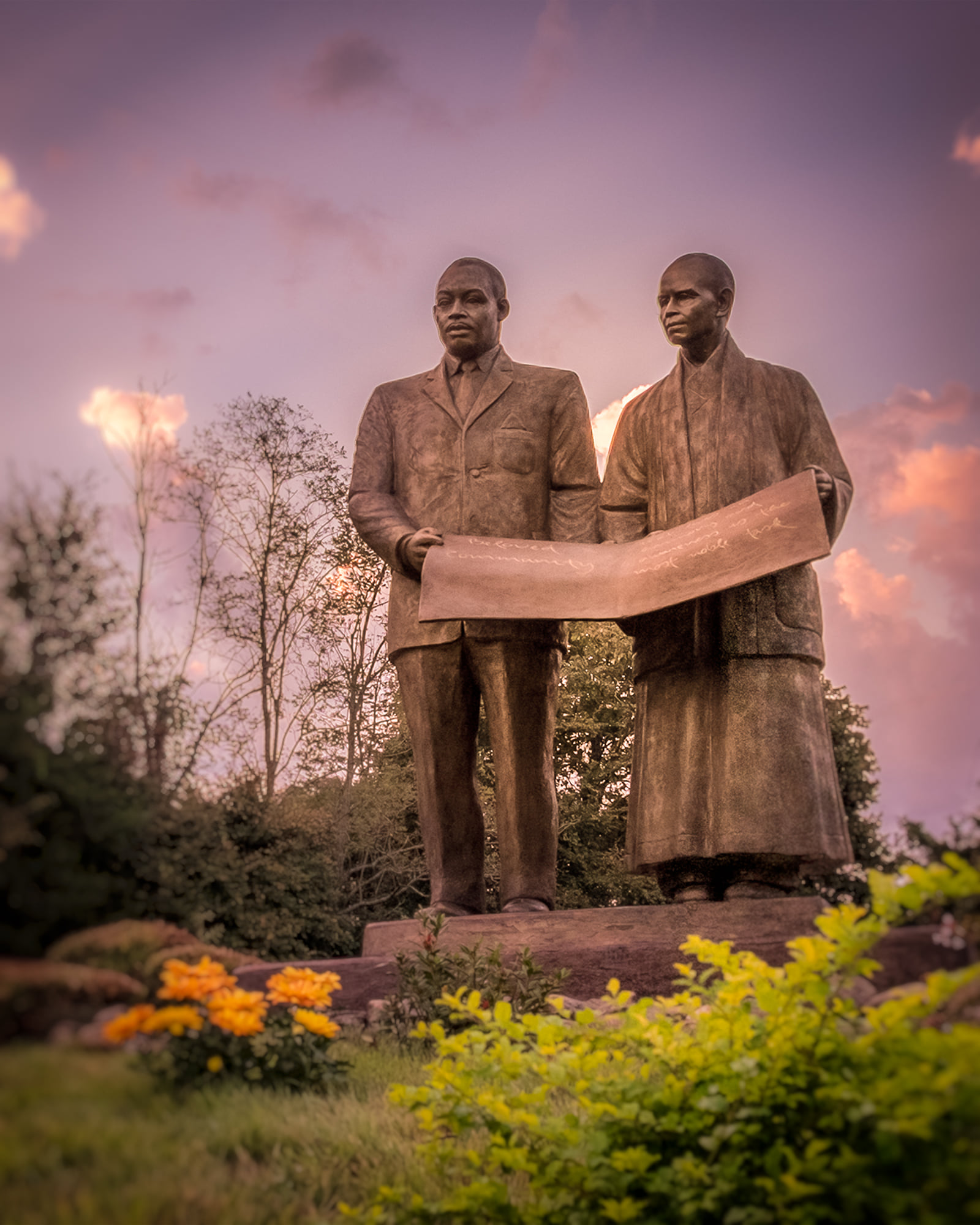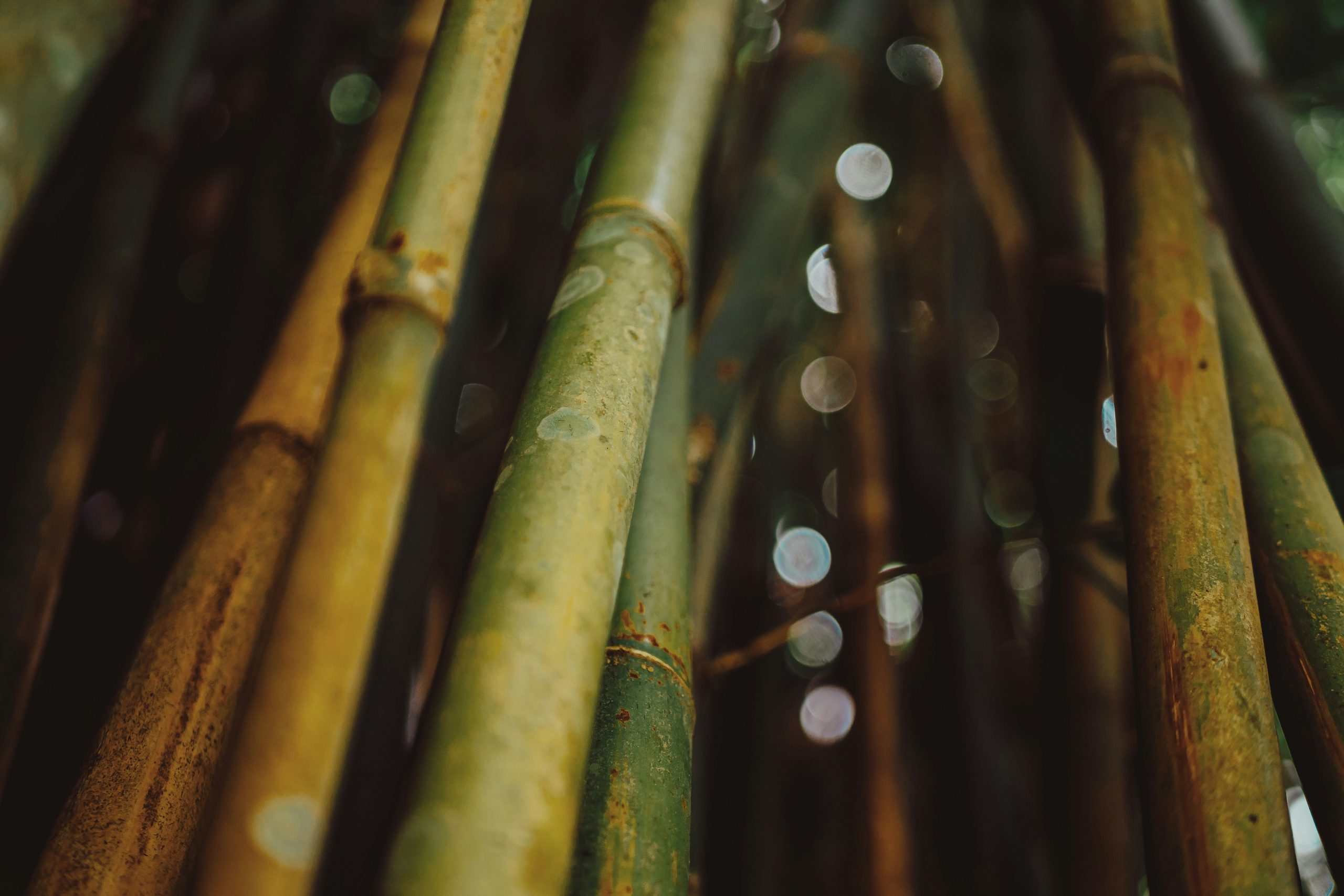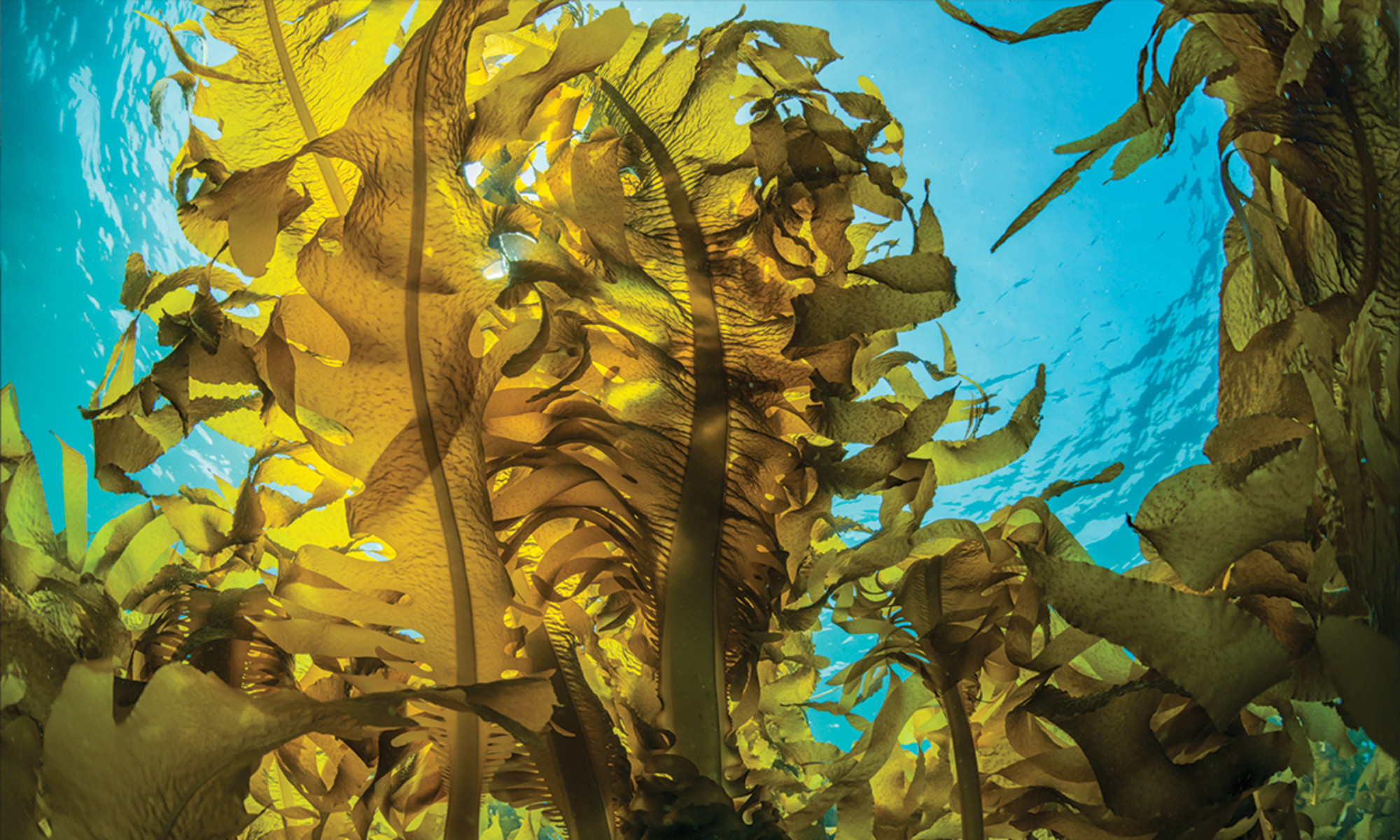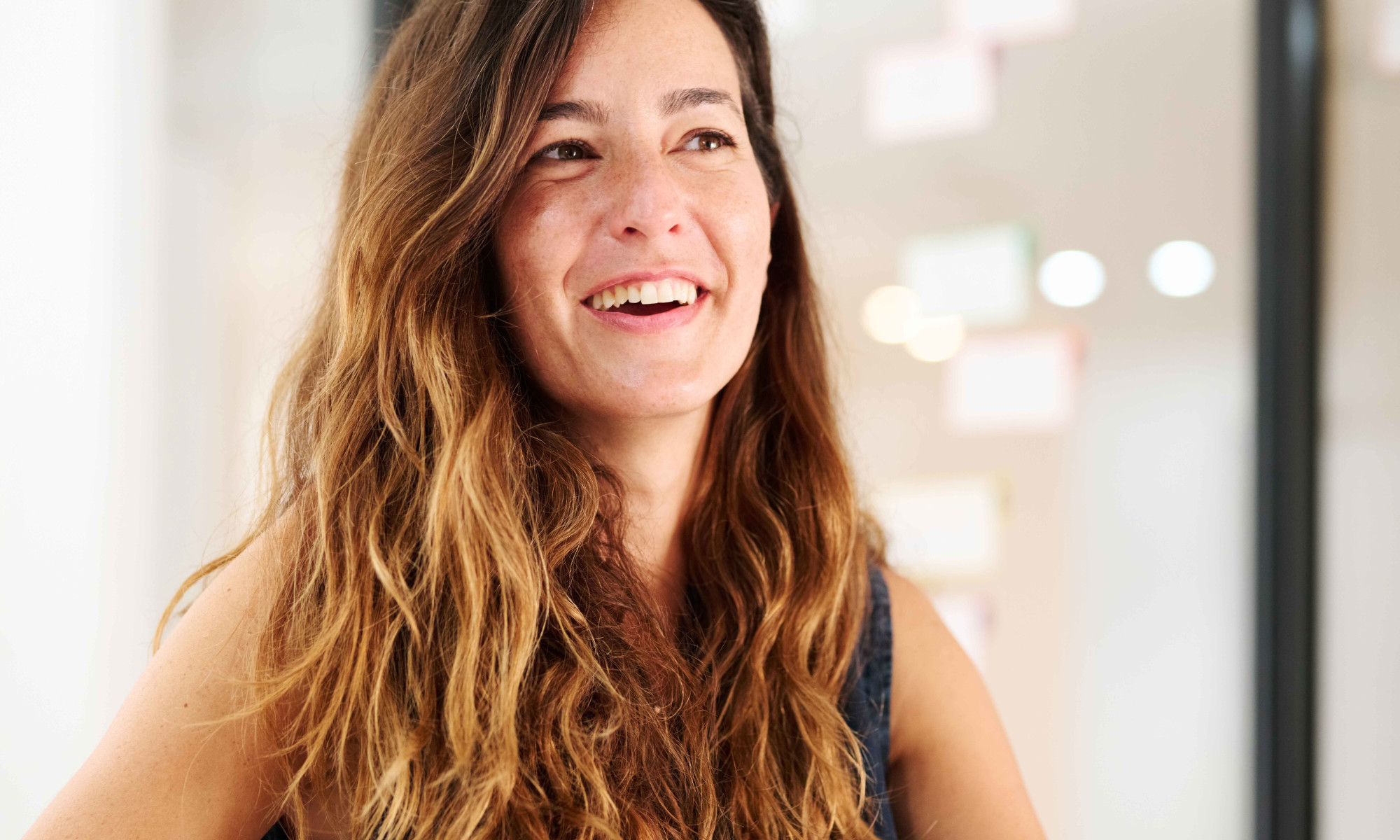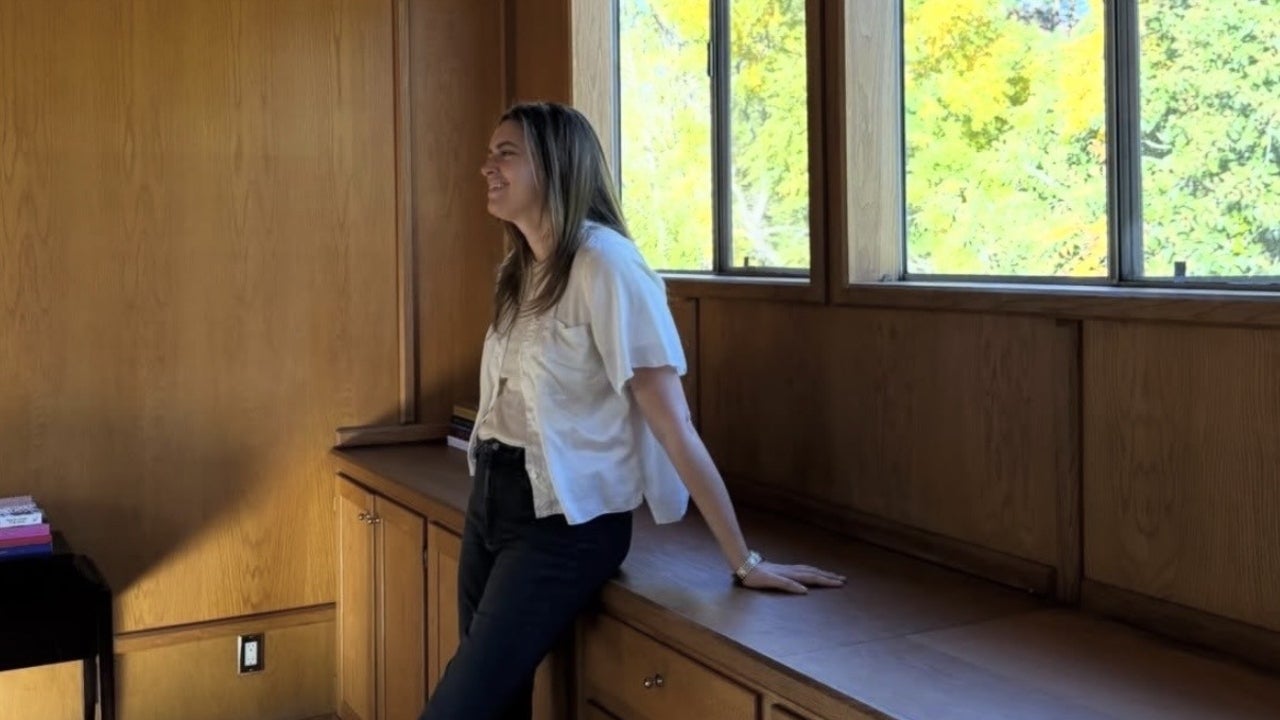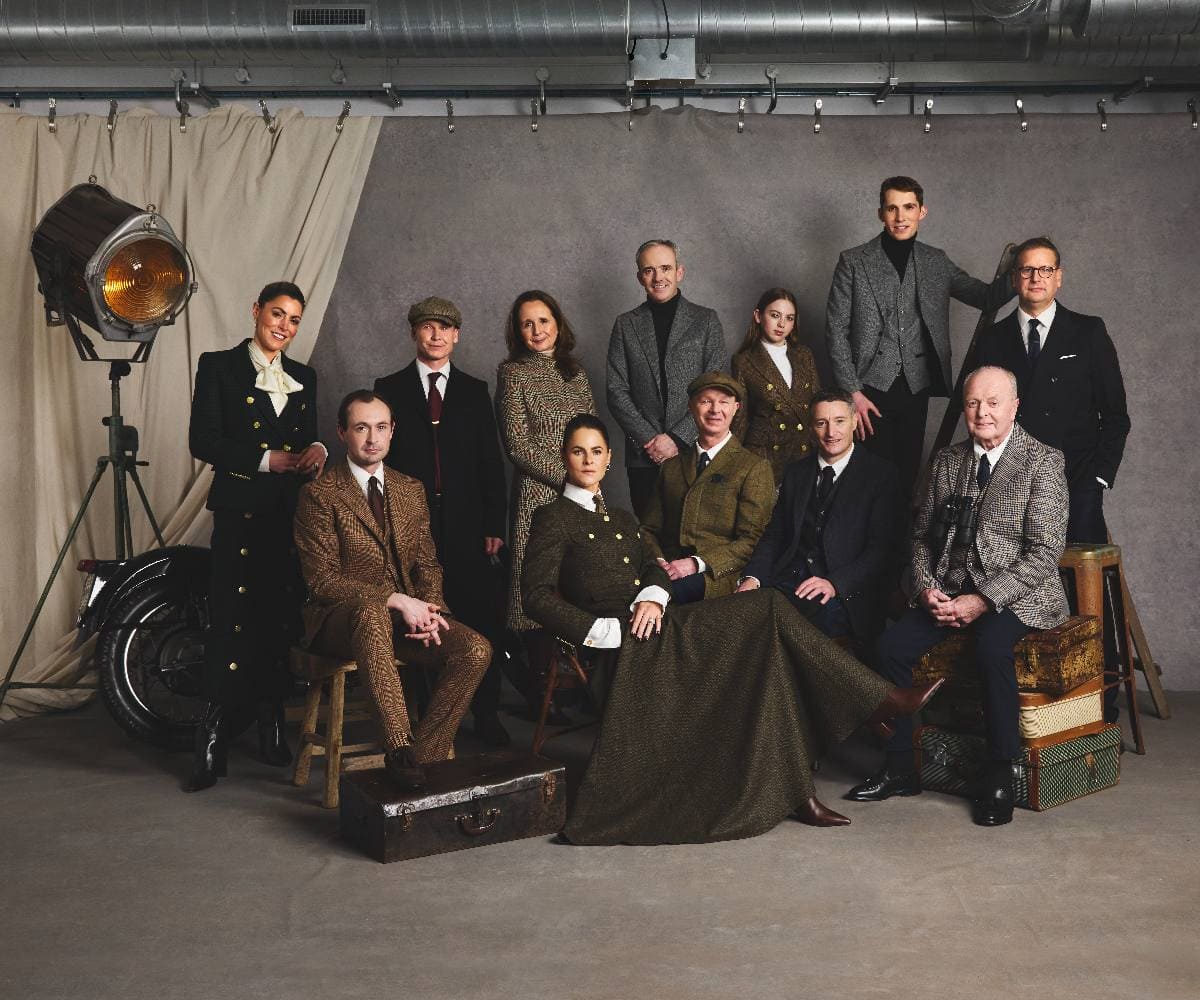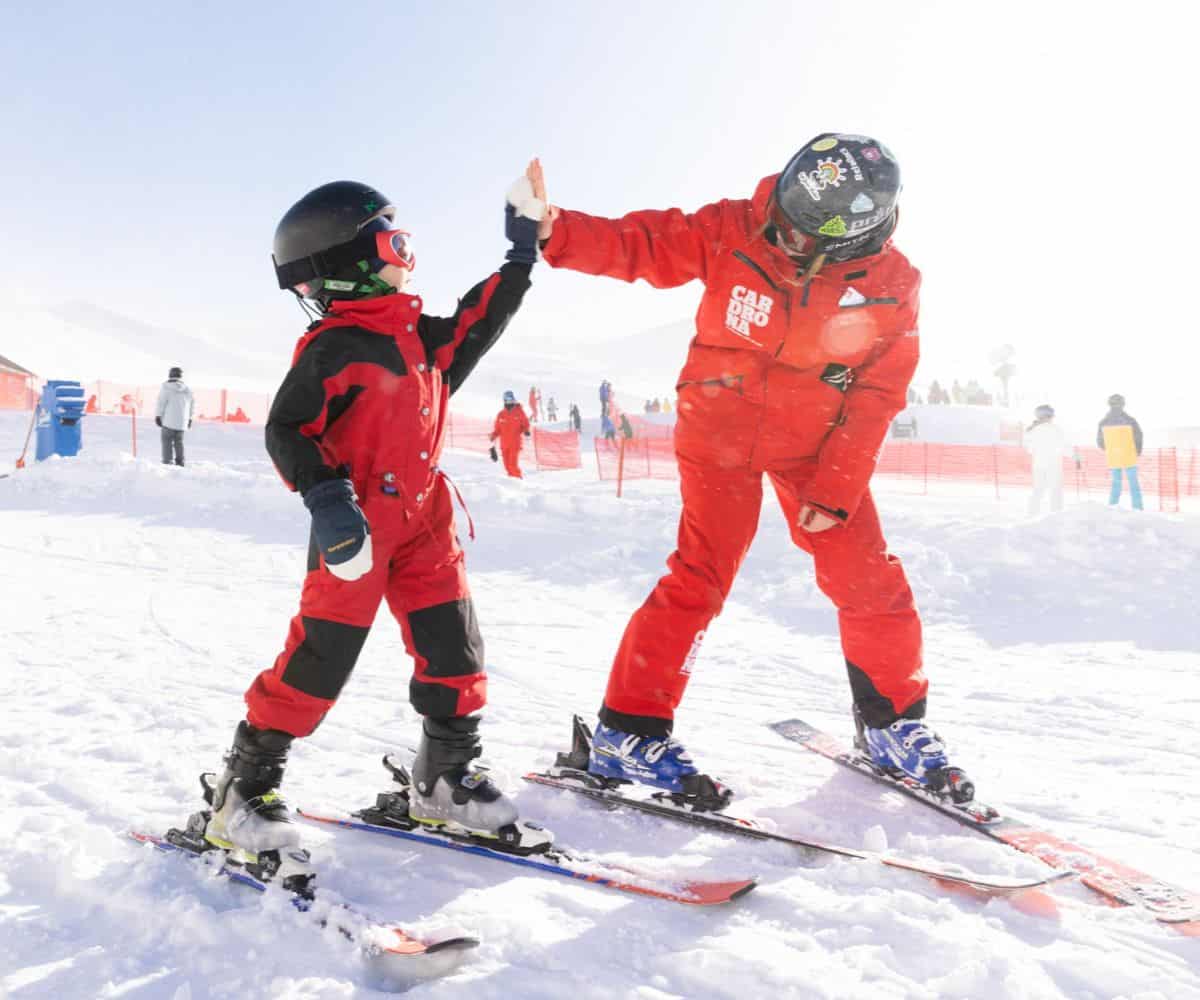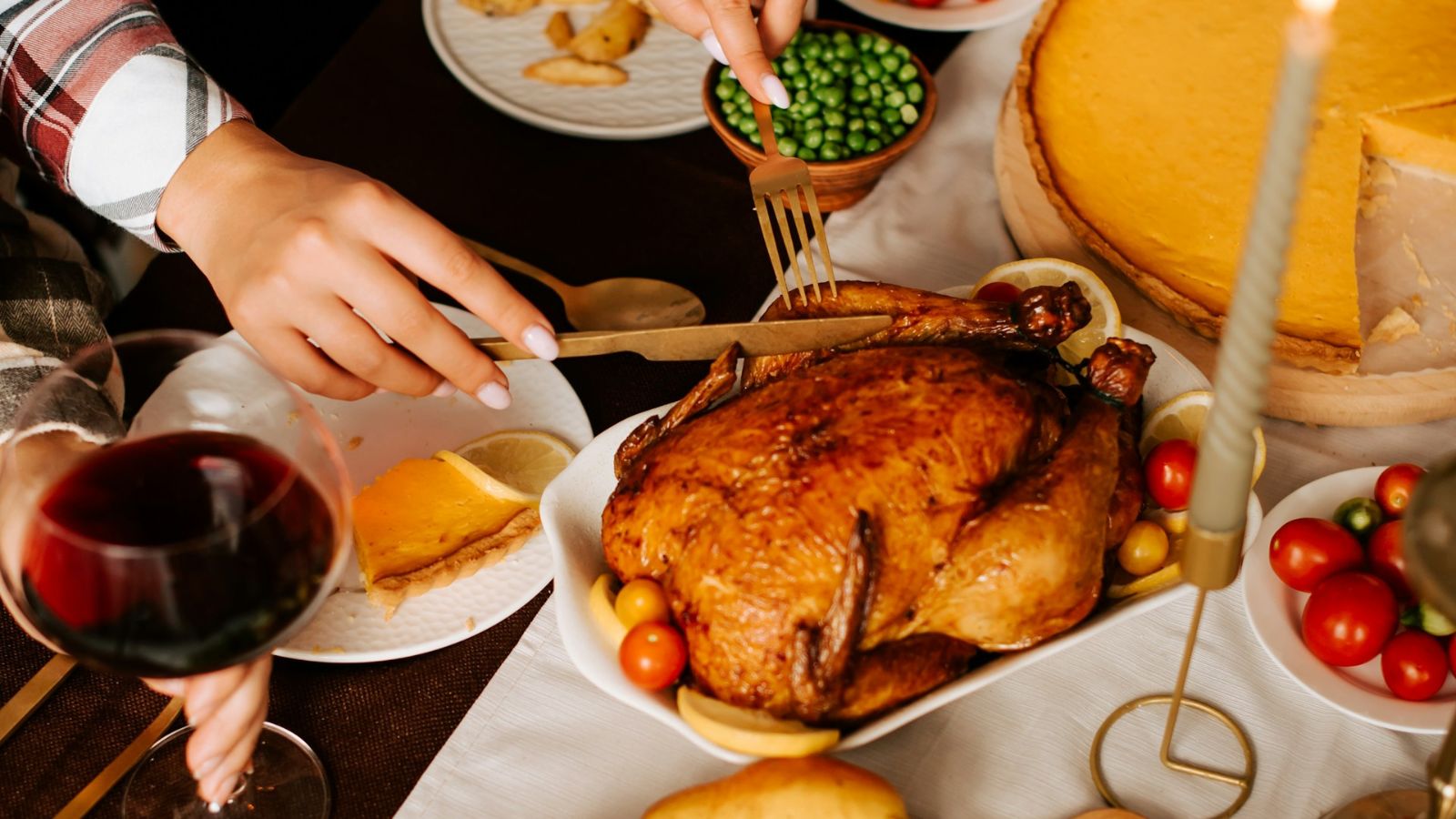Turning Toward Grief and Learning to Feel Again
Ann Tashi Slater talks with veteran CNN journalist Anderson Cooper about the precariousness of life and the questions he still wrestles with today. The post Turning Toward Grief and Learning to Feel Again appeared first on Tricycle: The Buddhist...
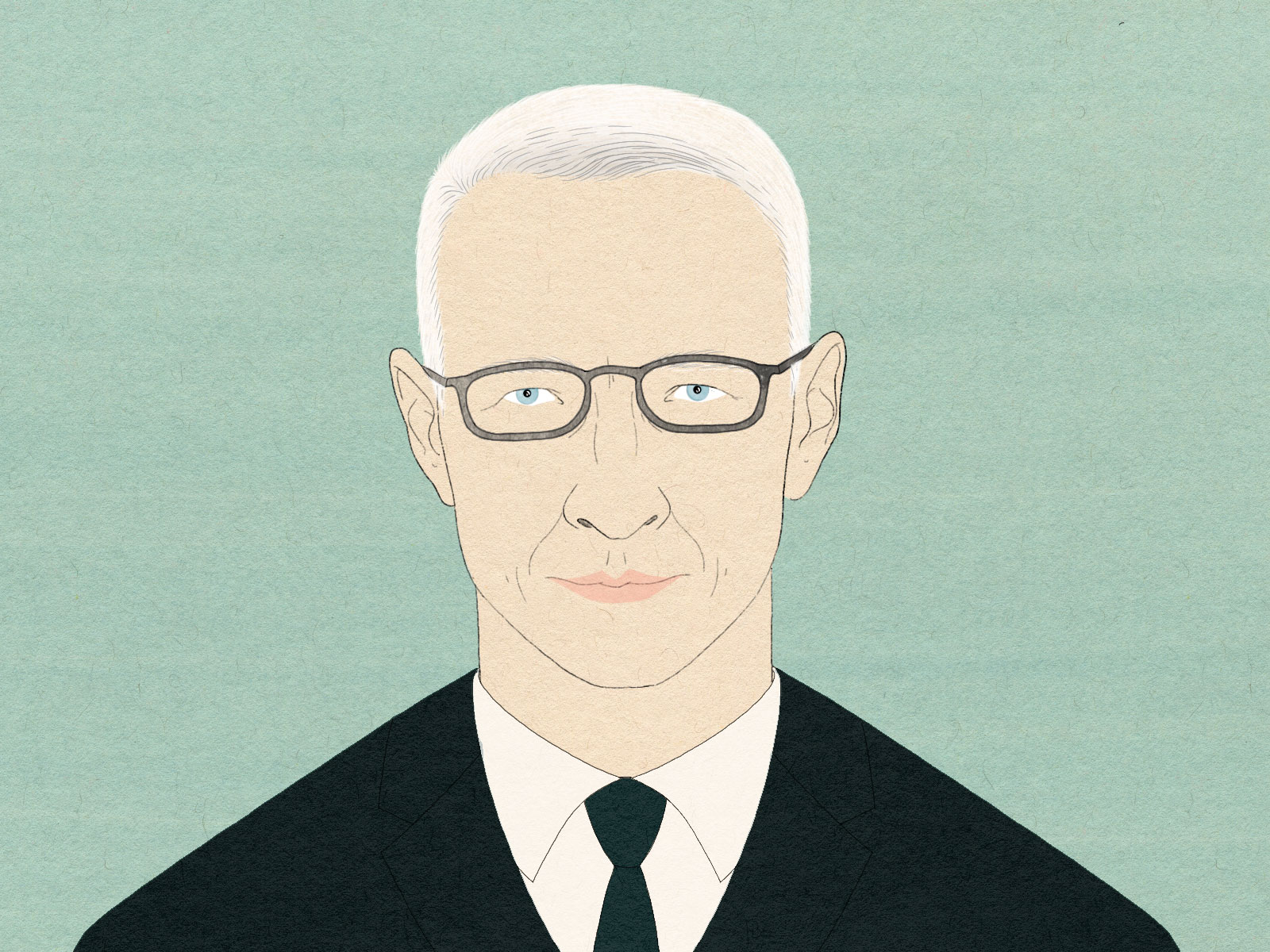
Between-States: Conversations About Bardo and Life
In Tibetan Buddhism, “bardo” is a between-state. The passage from death to rebirth is a bardo, as well as the journey from birth to death. The conversations in “Between-States” explore bardo concepts like acceptance, interconnectedness, and impermanence in relation to children and parents, marriage and friendship, and work and creativity, illuminating the possibilities for discovering new ways of seeing and finding lasting happiness as we travel through life.
***
“From a young age, I understood that nothing lasts,” says Anderson Cooper. “Our physical surroundings, the people we love—it all goes.” When Cooper was 10, his father died during heart surgery, and when he was in college, he lost his older brother to suicide. “Early on, I felt I needed to build a life raft and figure out how to survive,” Cooper says. In his teens, he took survival courses in Wyoming and Mexico, and rode in a truck for six months across sub-Saharan Africa. After college, he used a fake press pass to cover the conflicts in Myanmar, Somalia, Rwanda, and Bosnia, seeking not only to bring attention to the suffering taking place but also to gain a deeper understanding of loss and grief and survival.
Born in New York City in 1967, Cooper is renowned for his compassionate, on-the-ground reporting domestically and abroad, from Hurricane Katrina to Black Lives Matter, the Haiti earthquake to the war in Ukraine. After working at Channel One and ABC News during the ’90s, in 2001 he moved to CNN, where for over twenty years he has anchored the investigative journalism show Anderson Cooper 360°. He is the recipient of many honors and awards, including twenty-three Emmys and two Peabodys. In 2022, he launched All There Is, an interview podcast that explores navigating loss and finding a way forward. “The reaction to the podcast has been extraordinary,” Cooper says. “The direct messages I get on Instagram, people stopping me on the street, telling me the names of loved ones they’ve lost. We’re all trying to come to terms with the fact that these people we loved are gone, and we’re still here.”
From his home in a restored firehouse in Greenwich Village, Cooper spoke with me about the precariousness of life, turning toward grief, and the biggest question he wrestles with now.
*
The bardo teachings are about how we can find meaning and happiness in a world where everything changes and ends. You suffered loss from a young age and you also encounter loss in your work, like when you covered Hurricane Katrina, the tsunami in Sri Lanka, the earthquake in Haiti, the 3/11 earthquake and tsunami in Japan, and the Los Angeles wildfires. Can you talk a bit about the connection between your early experience of loss and the work you do? There were hints of the link between my private life and my work early on, but it didn’t become clear to me until later. My mom, Gloria Vanderbilt, used to quote the writer Mary Gordon, saying, “A fatherless girl thinks all things are possible and nothing is safe.” My mom felt that explained her own life in many ways, and I think it applies to fatherless boys as well. My dad’s death made me realize nothing is safe. No amount of hugging and being told everything will be OK will make you feel safe. Yet at the same time, it made me feel that anything could happen, so extraordinary things were possible—and I am indeed having an extraordinary life.
T. E. Lawrence said, “Nothing is written,” but I believe a lot is determined when we’re young. All I wanted to do from the time I was 10, when my father died, was go to the edges of the world, to where the tectonic plates of love and hate are, where everything is shifting and societies are breaking down.
That seems like the opposite of what you would do if you didn’t feel safe. I wanted to do it so I could learn to accept impermanence, the frailty of existence and human beings. I’ve spent decades of my life going to places where people’s lives are falling apart, or have been destroyed, or are being remade. There’s a rawness and a purity to those situations that, in addition to helping me face impermanence, enable me to feel. After my father’s death, I couldn’t feel here in New York because I couldn’t allow myself to. When I started going places where everything was stripped away, I could connect with people and feel, particularly when things were so extreme that it overwhelmed my psychological defenses. That’s still true to this day. I’m comforted being reminded that everything will be stripped away and the only thing that’s real is human connection.
At the same time, you’ve said that you still struggle with impermanence. In what way? I wish things were more permanent. The fact that they’re not makes me very sad. I spent this morning going through my basement, which is filled with my mom’s things. I sorted through about a thousand photographs, and it’s amazing to realize that a lot of the people in them were the boldface names of the 1940s, ’50s, ’60s, ’70s, and ’80s: Charlie Chaplin, the Matthaus, Ruth Gordon, Yul Brynner. Remarkable people who came in and out of my parents’ house and I had a dinner seat next to. At the time it felt like that was reality, and now, pretty much nobody remembers those people. It’s also amazing to realize I’m the last one left from my little nuclear family. It’s like being a lighthouse keeper on an empty island, trying to keep the flame alive.
It’s also amazing to realize I’m the last one left from my little nuclear family. It’s like being a lighthouse keeper on an empty island, trying to keep the flame alive.
Even though your family is gone, do you feel them with you? In the last six months, I’ve started feeling my dad. I’d always heard it said that people live on inside you, and I thought, “That sounds nice, but it’s bullshit.” I’ve changed my mind. I can feel my father now, and it’s because I’ve finally begun to turn toward the grief I buried as a 10-year-old. I’m grateful that this is happening. I didn’t expect that facing the pain of losing my dad, which I haven’t allowed myself to do for forty-seven years, would make me feel closer to him.
What you’re saying resonates with one of the concepts in the bardo teachings. The Tibetan Book of the Dead says we hover around after we die, in denial, unwilling to accept that we’re dead. Until we face reality—acknowledge what has happened—we can’t move forward. That moment came for me about a year and a half ago. I didn’t know it was part of bardo. I woke up one morning and said, “I’m dead.” I don’t know why I said that or thought that, but it felt completely true to me—enough so that I felt I had to say it out loud to the room, where I was alone.
I’d been doing a lot of meditation, looking at the losses in my childhood and starting to understand that I had never grieved. I spoke at my brother’s funeral and thought I’d dealt with my grief over losing him. It was stunning to realize, “Holy shit, I don’t know the first thing about grieving! I haven’t grieved at all.”
The idea in the teachings is that when we accept “what is,” we can live more fully rather than closing off part of ourselves. “What is” could be the loss of a loved one. It could be the disintegration of a marriage, where acceptance means saying, “My marriage is finished, and I need to face that so I can move forward.” Oh, that’s interesting. That makes sense to me. What I said when I woke up that morning was timed with my beginning to realize I’d been dead most of my life, that I’d deadened myself by not grieving as a 10-year-old and a 20-year-old. I’d been running from my grief, only allowing myself to touch other people’s pain and suffering and joy. I was preventing myself from having deep lows, but also from having highs. I was living in this middle dead ground. You’ve now explained to me why I woke up and said, “I’m dead.”
What role is doing your podcast, All There Is, playing in the process you’re now going through? At the end of each season, we put up a voicemail number for people to call. The first season, I didn’t know if anybody would call, and we got thousands of calls. We’ve received seven or eight thousand at this point. I had no idea of the impact that listening to these voicemails would have on me. I listen to nearly all of them, and it’s life-changingly moving. It’s so fascinating to realize that grief, which all of us will experience if we allow ourselves to—and even if we don’t allow ourselves to—isn’t usually talked about. I don’t understand why everyone isn’t talking about it all the time.
It’s so fascinating to realize that grief, which all of us will experience if we allow ourselves to—and even if we don’t allow ourselves to—isn’t usually talked about. I don’t understand why everyone isn’t talking about it all the time.
Talking about grief is the only thing that’s helping me. The psychotherapist Francis Weller has been a guest on my podcast, and our conversations—and his book The Wild Edge of Sorrow—have been very important to me. I talk to him privately once a week now, and he’s helping me see that I developed a mechanism for coping as a kid and a voice inside my head that still determines how I view the world and everything I do. It has propelled me into extraordinary experiences in my life, but it’s also worked against me in that I haven’t allowed myself to be close to people. I’m hoping to change that voice. I regret that I’ve listened to it for so long, that I’ve kept this way of seeing and getting through things, since very early on. I regret not being able to jettison it long ago.
Although you couldn’t have because you weren’t aware of it in the way you are now. A hundred percent. I’ve only started to realize it in the last year and a half or so, starting with waking up that morning realizing I was dead.
In 1922, Proust was asked how he thought we would respond if we believed the world was about to end. He said that we’d think of all the things we’re putting off until tomorrow and resolve to do them: If only the world doesn’t end, we’ll be sure to visit the new galleries of the Louvre, ask Miss X to marry us, take that trip to India. Do you feel you’re embracing life in the way you would if you had only a short time left to live? I’m torn, as everybody is, between working and being with my children. It’s a constant, minute-by-minute agonizing, like, “Should I still be doing the work I’m doing, the hours I’m doing?” I spent the last two days with my kids, but I’ll go to the office this evening and miss their bedtime.
The biggest thing I wrestle with now is I’ve been working at this relentless pace for a long while, and I’m not sure how sustainable that is. I’ve been reporting for thirty-five or so years. It’s been nonstop and incredible, but at some point, I have to figure it all out. . . . I don’t know why I’m waffling on this answer. I guess it shows how much of a struggle it is for me. Something that’s front and center in my mind every single day, and has been for the last two years or so since I started All There Is. The podcast has brought this question into focus and made me think, “What am I doing?”
When my children were young, I struggled to find a balance between kids and work, and I concluded that it’s not figureoutable. You love your kids, you love your work. That’s the problem: The work I’ve been able to do is so extraordinary. I just got to spend two days with 30 million monarch butterflies on top of a mountain in Mexico. A once-in-a-lifetime thing. Next weekend, I have a shoot where I’ll be able to sit in people’s homes and talk to them about the most difficult moment in their lives. It is still remarkable to me that I get to bear witness to these things and have conversations that are so big they don’t fit in a little camera lens. I’m so grateful and so lucky because this is exactly what I want to do—see things and experience things and tell stories. So it’s hard. Maybe one of these days someone will make the choice for me and my services will no longer be required. Then I’ll have all the time in the world, and that will be just fine. It happens to everybody.

 Hollif
Hollif 







